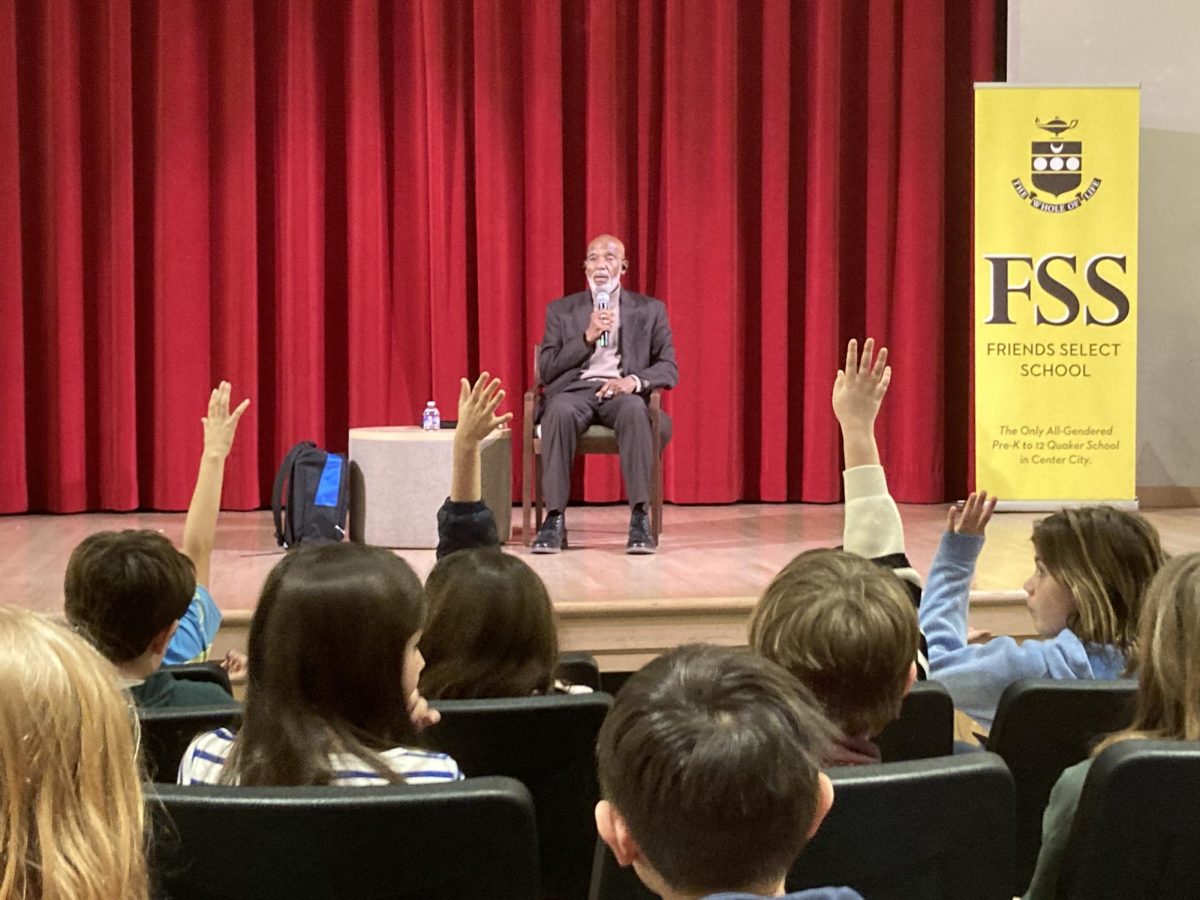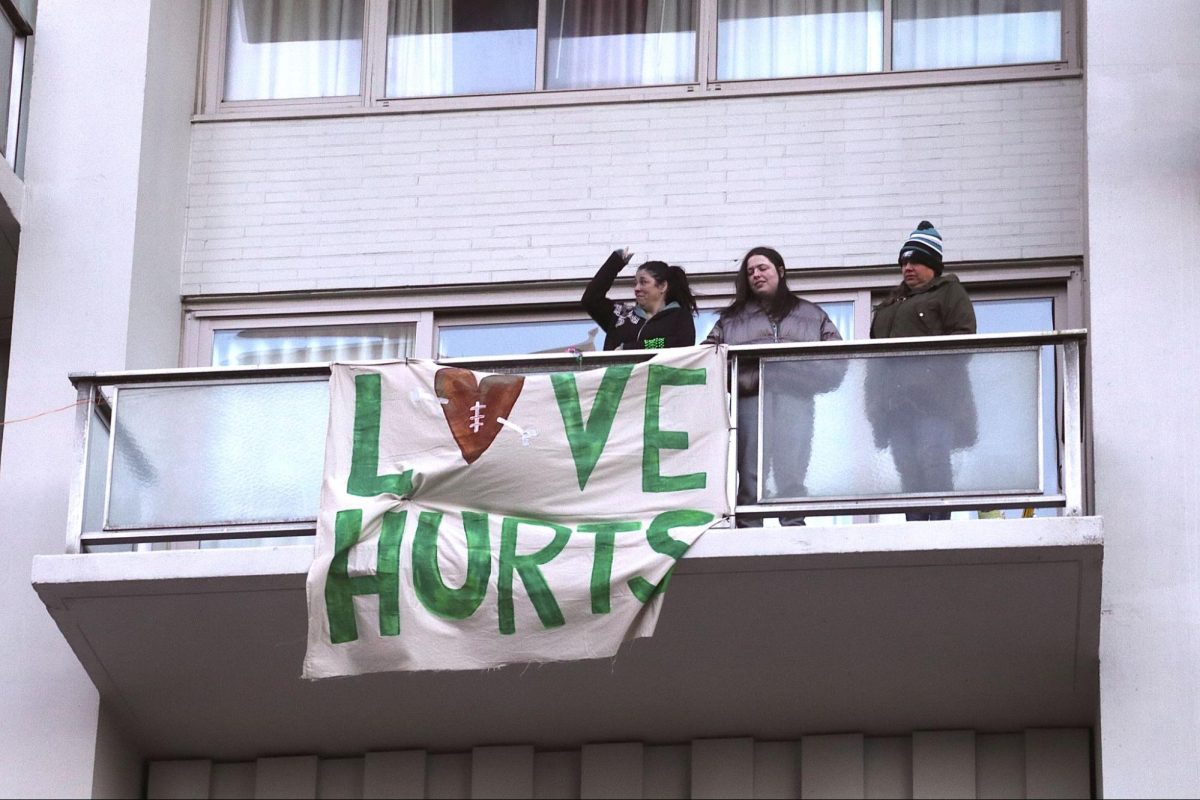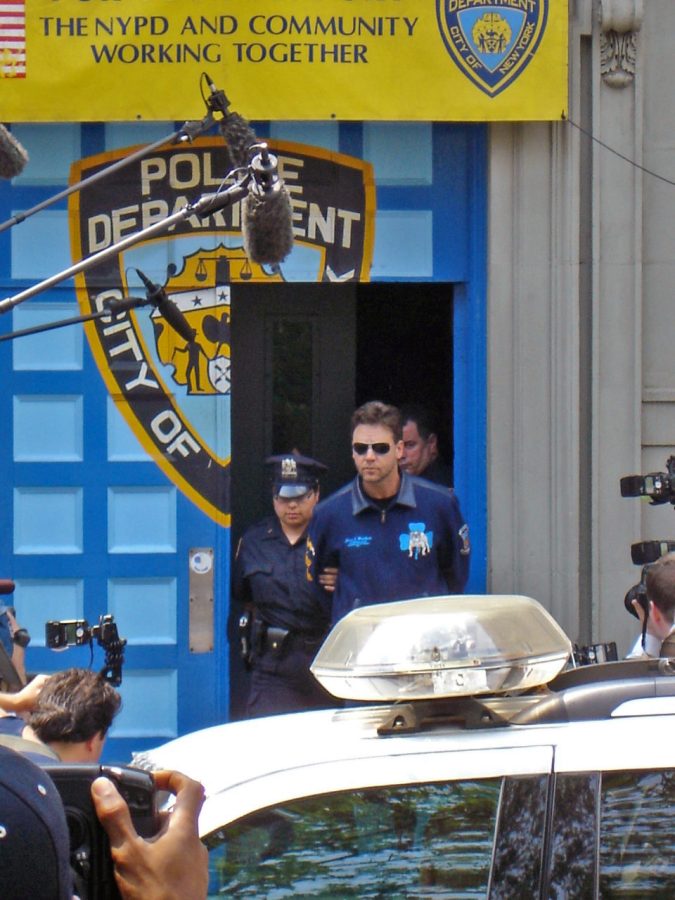The Problems With Perp Walks
In the United States justice system, there exists a phenomenon known as the “perp walk.” Perp is short for perpetrator. A perp walk, walking the perp, or frog march, is a practice in American law enforcement where an arrested suspect is taken through a public place, purposefully creating an opportunity for the media to take photographs and video of the event. These practices have been around for thousands of years. Some 2000 years ago, a man of Nazareth was marched to his death by the Romans in Golgotha.
Using this practice in the 21st century is blatantly and intrinsically problematic because it can easily imply guilt. Some may not pay any mind to it, but as long as a single person becomes more inclined to believe somebody is guilty as a byproduct of the finger-pointing nature of a perp walk, it makes it precarious. Perp walks open the door for the media to implicate guilt and spurs the general public to produce its own judgment of the ‘perp’ before the matter is actually addressed by the judicial system. Not only do these public shamings violate defendants’ constitutional rights, but they also undermine the basic presumption of innocence on which our entire criminal justice system is based. The very term for the procedure is in and of itself problematic and prejudicial. According to the Oxford Dictionary, a perpetrator is “a person who carries out a harmful, illegal, or immoral act.”1
Not only are perp walks prejudicial, but they are also dangerous. On November 23rd, 1963, President JFK was assassinated in broad daylight (allegedly) by retired veteran Lee Harvey Oswald. After killing a policeman who questioned him, Oswald was arrested for the murders of President Kennedy and Officer J.D. Tippit. A day later, on the 24th of November, Oswald was moved to the basement of the Dallas police headquarters on his way to a more secure jail. A swarming crowd of police, press, and the public alike gathered outside the station with live television rolling to witness his departure and his ‘perp walk’. When he emerged into the room, Oswald was shot dead by nightclub owner Jack Ruby after firing a lethal shot with his .38 caliber revolver.2
The first striking issue with this scenario is that Oswald’s presumption of innocence was blatantly violated by the perp walk, the audience, and Jack Ruby, who had clearly acted on his own presumptions. No matter how obvious it was that Oswald killed Kennedy, everybody, regardless of the situation, is constitutionally guaranteed the right to be presumed innocent until proven guilty.
Many people argue in favor of perp walks, pointing out that well-publicized perp walks can encourage other witnesses to step forward. Proponents also bring attention to the daunting implications that the eradication of perp walks could mean for how America deals with justice. According to the New York Times, for instance, the dissolution of perp walks could mean “government secrets are sanctioned.”3 In addition, many argue that if perp walks are made private, it would lead to private courts, suspects being hidden away, and, (potentially), an abuse of power that the United States has perpetrated way too often, both domestically and internationally. These arguments might have merit, however, the current form of this practice isn’t acceptable. According to the New York Times, “In 1995, a New York man under arrest was taken from a police station house, driven around the block and brought back to the station solely for the benefit of a late-arriving television crew.”3 The fact of the matter remains that in most cases it violates a defendant’s right to privacy and it also violates the basic presumption of innocence that our justice system depends on.
The justice system is meant to decide guilt, not imply it. As put by the great late columnist Nat Hentoff, “Under such circumstances, even Mother Teresa would look extremely suspicious, especially if her hands were cuffed behind her back.” Well said Nat, well said.























